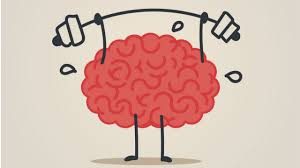Psycho-Hygiene

Hygiene is defined as the many practices that foster and maintain optimal health. People commonly use the term hygiene in relation to personal grooming, dental, or food practices. Psycho-hygiene is a term not commonly used in our vernacular, but it should be. Just as good grooming habits reduce the threat of harmful bacteria on the body, psycho-hygiene bolsters mental health, which also contributes to physical well-being (mental and emotional suffering often creates physical symptoms such as ulcers, headaches, autoimmune diseases, metabolic syndrome, and even cancer).

We tend to readily accept the notion that staying active, eating veggies and going to our GP for check-ups contribute to our health and well-being. Many of us can be resistant to ongoing mental health practices and“check-ups”, and yet the World Health Organization (WHO) states that emotional mental disorders are a leading cause of disabilities worldwide (“neuropsychiatric disorders are the leading cause of disability worldwide, accounting for 37% of all healthy life years lost through disease”*).
We are all prone to such things as cognitive distortions and maladaptive coping behaviours, particularly at times of distress. From a neurobiological stand-point, we know that when stressed, communication to our prefrontal cortex is impeded (the rational, sound decision-making part of the brain). This means that if left solely to our own devices, we can cause ourselves greater harm. One of the most beneficial things we can do for our mental and emotional well-being is to connect with others. This assists in validating our experiences and helps us garner new perspectives that we often cannot conceive at times of distress. Other examples of practicing psycho-hygiene are to make time for the things that fuel you (athletics, music, the arts, nature, reading, et cetera), and seek to find personal meaning in your suffering.
How do YOU practice psycho-hygiene?
![]()
Reference:
http://www.who.int/en/
